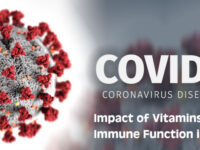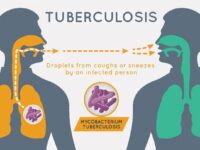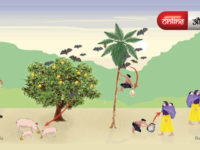About Norovirus (Winter Vomiting Disease) – FAQ’s
Viral gastroenteritis occurs throughout the year but typically with increased frequency in the winter months. (Previously known as Winter Vomiting Disease). NOROVIRUS is the most common cause of infectious gastroenteritis (diarrhoea and vomiting). The illness is generally mild and people usually recover fully within 2-3 days and there are no long term effects that result from being infected. Infection can occur at any age as immunity is not long lasting.
Symptoms
Nausea, vomiting, diarrhoea, and some stomach cramping. nausea. Sometimes people additionally will have a low-grade fever, chills, headache, muscle aches, and a general sense of tiredness. The illness is short lived and normally resolves within 2-3 days.
Duration of Illness
Symptoms usually begin 24 to 48 hours after ingestion of the virus, but can appear as early as 12 hours after exposure.
There is no evidence that sick persons can become long-term carriers of the virus, but the virus can be in the stool and vomit of infected persons, from the day they start to feel ill to as long as 2 weeks after they feel better.
Transmission
Noroviruses are found in the stool or vomit of infected people. People can become infected with the virus in several ways, including:
1. eating food or drinking liquids that are contaminated with norovirus by foodhandlers who have not washed their hands adequately
2. touching surfaces or objects contaminated with norovirus, and then placing their hand in their mouth or eating before washing their hands
3. having direct contact with another person who is infected and showing symptoms (for example, when caring for someone with illness, or sharing foods or eating utensils with someone who is ill)
Treated
Currently, there is no antiviral medication that works against Norovirus and there is no vaccine to prevent infection. Norovirus infection cannot be treated with antibiotics. This is because antibiotics work to fight bacteria and not viruses.
Norovirus illness is usually brief in healthy individuals. When people are ill with vomiting and diarrhoea, they should drink plenty of fluids to prevent dehydration. Dehydration among young children, the elderly, the sick, can be common, and it is the most serious health effect that can result from Norovirus infection. By drinking oral rehydration fluids (ORF), juice, or water, people can reduce their chance of becoming dehydrated. Sports drinks do not replace the nutrients and minerals lost during this illness.
Prevention
The Trust follows stringent infection control measures including:
a. Temporarily closing affected wards to new admissions;
b. Putting in place extra intensive cleaning on wards;
c. Cleaning affected areas with a detergent/bleach agent to kill the virus;
d. Staff wear gloves and aprons to deal with those patients who are affected and change these between each patients;
e. During an outbreak it is essential that staff, patients and visitors use soap and water for hand hygiene as this is the only known way of preventing the spread. Hand sanitising agents are not always effective against Norovirus.
Sources:
http://www.belfasttrust.hscni.net/hospitals/NorovirusWinterVomitingDiseaseFAQ.html
http://www.health.state.mn.us/divs/idepc/diseases/norovirus/basics.html
http://www.thetwoangles.com














